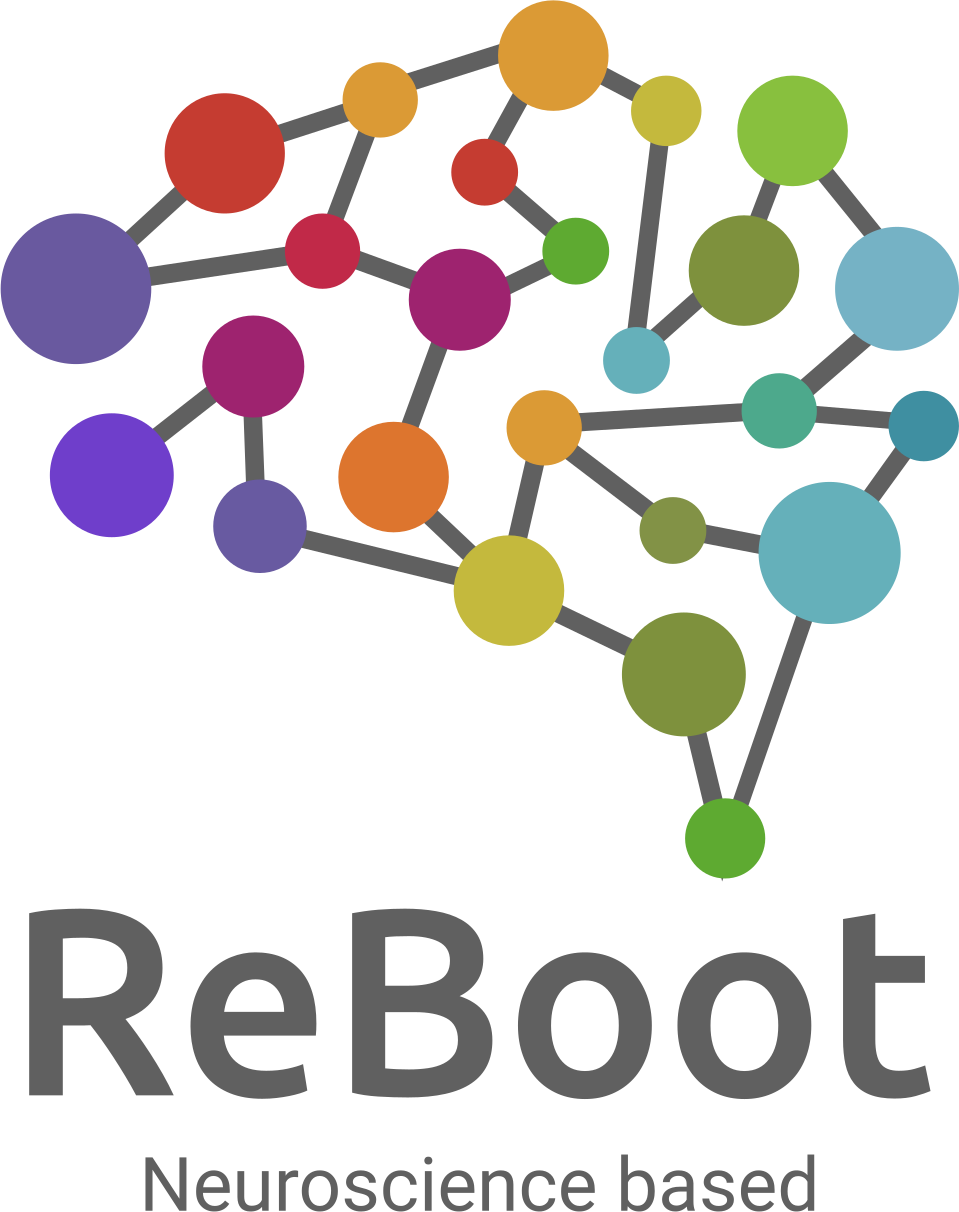
ReBoot: A Place for Hope and Healing
A Neuroscience based Mental Health Clinic for Traumatic Stress
ReBoot was born out of a passion to seek deeper answers and facilitate healing of the mind and body from traumatic stress.
We are born with a stress-safety system in our brain to help us survive. This controls or influences almost all our brain networks and body systems. This system can be activated by difficult life experiences, especially when we could not access the supports we needed to get through. For example, a baby in an incubator will experience all kinds of sounds and sensations is not natural to it, and therefore can be quite stressful. However, the baby can’t access mum’s loving cuddles and care. Or when mum and dad are stressed, the child will also naturally feel this stress in the family. Besides, mum and dad may not be able to be mentally present for the child as much as the child needs, while trying to manage the stresses in their own lives. Some go through major traumatic experiences such as physical or sexual assault, bullying, accidents, medical problems or natural disasters. The COVID pandemic increased symptoms of stress activation for a number of people.
We now know that these difficult experiences, whether a single major event or multiple ‘lesser’ events, affects us. This can present itself through both mind and body symptoms.
Post-Traumatic Stress Disorder (PTSD) is diagnosed when people stay in a state of high alert, have flashbacks or nightmares and develop a negative world view after a major traumatic event. However, not all people whose stress system is activated may fit this specific cluster of symptoms and may have other forms of distress/dysfunction or symptoms. They may sometimes be diagnosed with other mental health disorders or not be diagnosed at all.
Our brain senses it, our body feels it.
Since stress activation affects our brain and body, it is important to manage this to improve our quality of life, our ability to function and our physical health.
Symptoms of Traumatic Stress Include:
Baseline higher stress
Feeling numb and disconnected
Hearing or seeing things when stressed
Mood swings or being emotional, or being ‘sensitive’
Urges to self-harm and suicidal thoughts that fluctuate
Anxiety
Panic attacks
Restlessness, fidgetiness, implusiveness
Difficulty with sleep or eating
Difficulty in focusing and concentrating
Seeking risky situations
Tics
Tinnitus (ringing in the ears)
OCD or specific disorders such as skin-picking or hair-pulling
Specific phobias
Difficulty in relating to others
Use of Alcohol or other substances
Bladder or bowel issues, skin problems or other sensitivities
